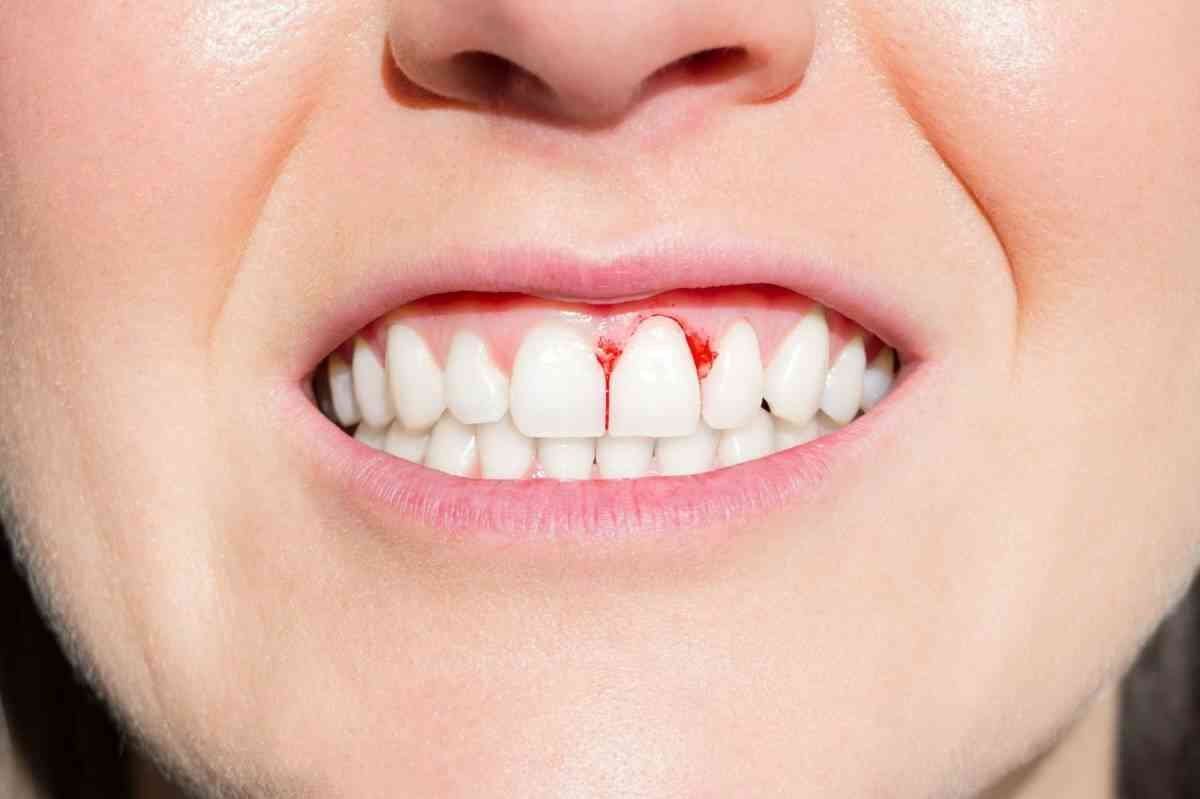8 Surprising Causes Of Bleeding Gums
- - Category: Dental Care
- - 30 Jun, 2022
- - Views: 659
- Save

Bleeding Gums
When you floss or brush your teeth, you may notice that your gums bleed. Gum bleeding can be caused by a variety of factors, ranging from poor brushing technique to a more serious issue like gum disease. If you experience bleeding gums, it is important to visit the dentist to address the root cause of this problem. Ignoring bleeding gums might result in serious dental problems, including tooth loss.
Below are 8 potential causes of bleeding gums.
1. Gingivitis
Gingivitis is the initial stage of gum disease. Tender and swollen gums, as well as bleeding gums when brushing and flossing, are common symptoms of this condition. Gingivitis develops when plaque around your gum line isn't effectively eliminated. This sticky plaque holds a variety of bacteria that can damage your teeth and gums and lead to bleeding or sensitivity. When caught early, gingivitis can be treated and reversed before it progresses to periodontitis, the most severe type of gum disease.
2. Medications
Blood-thinning medicine is another possible cause of bleeding gums. Blood thinners reduce the ability of the blood to clot, making it easier to bleed, even at the gumline. Inform your dentist about any new drugs at every appointment. This aids the dentist in identifying any difficulties or problems with the mouth. To lessen or treat bleeding caused by medication, your dentist may prescribe a modified dental care routine.
3. Poor dental hygiene
You might be surprised to learn that even a temporary lapse in otherwise stellar oral hygiene sometimes causes bleeding gums. According to research, healthy gums can bleed and become sick after just one day of poor dental hygiene.
Improve your everyday oral hygiene routine to prevent or stop bleeding. Brush twice a day for two minutes and floss once a day to keep plaque at bay and avoid swollen bleeding gums.
4. Poor diet
Processed food additives can irritate gums and produce mild bleeding. Instead of unhealthy processed foods, select healthier products to avoid gums bleeding. Fruits and vegetables, as well as calcium-rich, vitamin C and D-rich, and magnesium-rich diets, are essential for dental health. Make sure you're getting the necessary amounts of these nutrients every day.
5. Pregnancy gingivitis
Yes, it's a thing. Increased hormones induce increased blood flow to your gums during pregnancy, making them more susceptible to plaque and germs. As a result, brushing typically results in sensitive gums and gum bleeding. Gingivitis caused by pregnancy, as well as any related gum bleeding, normally goes away once the baby is born.
6. New toothbrush
Gum bleeding can also be caused by a new toothbrush. When you go from soft to firm bristles, your gums may bleed. This is your body's way of alerting you to slow down. Most dentists advise using a soft bristles toothbrush since it is gentler on the gums. So heed the advice if your gums bleed after brushing.
7. Smoking
That is correct. Both smoking and vaping raise your chances of developing oral health issues like sensitive, infected, and bleeding gums. When gum bleeding occurs, bacteria trapped between the teeth and the gumline might enter the bloodstream, causing severe health problems.
If you're concerned about the effects of smoking or vaping on your dental health, speak with your dentist about alternatives or programs to help you quit.
8. Stress
Living in a continual state of tension and stress weakens your immune system, making it more difficult to avoid a variety of problems, such as bleeding gums and gum disease. Inflammation occurs throughout the body, particularly in the blood vessels, as a result of stress. This causes soft tissues in your mouth to break down, slowing down the healing of bleeding gums. Whenever feasible, try to reduce your stress levels.

